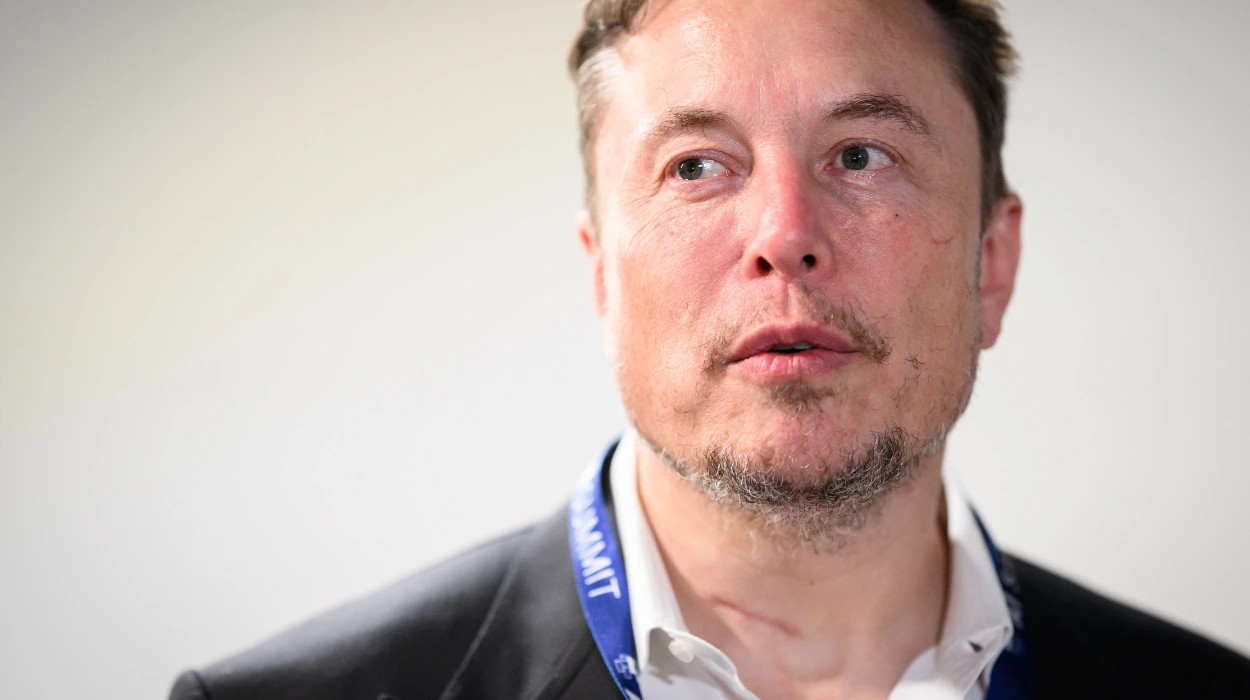UK (Parliament Politics Magazine) – The UK defends the Online Safety Act after X claims it curbs free speech, saying it balances protection from harm with freedom of expression online.
As reported by The Independent, the British government has stood by the Online Safety Act after X, owned by Elon Musk, warned it could threaten freedom of speech.
Ministers dismissed claims that the Safety Act censors free speech, calling them “demonstrably false” and insisting the legislation does not aim to silence political debate.
UK Government’s views on the Online Safety Act
A Government spokesperson stated,
“It is demonstrably false that the Online Safety Act compromises free speech. As well as legal duties to keep children safe, the very same law places clear and unequivocal duties on platforms to protect freedom of expression. Failure to meet either obligation can lead to severe penalties, including fines of up to 10% of global revenue or £18 million, whichever is greater.”
They added,
“The Act is not designed to censor political debate and does not require platforms to age gate any content other than those which present the most serious risks to children, such as pornography or suicide and self-harm content. Platforms have had several months to prepare for this law. It is a disservice to their users to hide behind deadlines as an excuse for failing to properly implement it.”
What did X say about the UK’s Online Safety Act?
X said in a post titled, “What Happens When Oversight Becomes Overreach”, that the law risks increasing censorship due to the broad enforcement powers imposed on online platforms.
It stated,
“When lawmakers approved these measures, they made a conscientious decision to increase censorship in the name of ‘online safety’. It is fair to ask if UK citizens were equally aware of the trade-off being made.”
Mr Musk’s platform claimed that tech companies didn’t have enough time to meet the law’s demands. Even after complying, they still face penalties and the looming risk of over-censoring content.
It added,
“A balanced approach is the only way to protect individual liberties, encourage innovation and safeguard children. It’s safe to say that significant changes must take place to achieve these objectives in the UK.”
How did Ofcom defend the Act’s impact on adult content?
According to Ofcom, the legislation does not amount to censorship. It includes explicit clauses aimed at protecting freedom of speech.
The regulator spokesperson added,
“The new rules require tech firms to tackle criminal content and prevent children from seeing defined types of material that’s harmful to them. There is no requirement on them to restrict legal content for adult users.”
Online Safety Act UK
- The Act protects kids from harmful content like porn and self-harm.
- Sites must verify users’ ages to block kids from restricted content.
- Strangers can’t message kids or be recommended to them.
- Age checks protect privacy and don’t store personal data.
- VPNs to bypass rules can lead to fines.
- The law also protects free speech and political debate.
What did Peter Kyle say about child safety and age verification?
Technology Secretary Peter Kyle stated,
“Online Safety Act marks the most significant step forward in child safety since the internet was created. The reality is that most children aren’t actively seeking out harmful, dangerous, or pornographic content – unfortunately, it finds them. That’s why we’ve taken decisive action.”
He added,
“Age verification keeps children safe. Rather than looking for ways around it, let’s help make the internet a safer, more positive space for children – and a better experience for everyone. That’s something we should all aspire to.”
Chris Sherwood’s views on the Online Safety Act
NSPCC Chief Executive, Chris Sherwood, said,
“We regularly hear from children who have suffered sexual and emotional abuse online, or who have been exposed to harmful and dangerous content. These experiences can have devastating impacts both immediately and long into the future. While the Online Safety Act can’t erase this pain and anger, it can be a vehicle for significant and lasting change.”
He added,
“Thanks to this piece of ground-breaking regulation, algorithms are now being redesigned. Age checks are now in place. Harmful material that promotes eating disorders and suicide should no longer proliferate on social media platforms. This will – without a doubt – create safer, more age-appropriate online experiences for young users across the UK.”
What did Nigel Farage say about the Online Safety Act and VPNs?
Reform UK leader Nigel Farage said the Online Safety Act won’t work because predators can easily use VPNs to bypass internet restrictions.
He stated,
“It was suicide sites that this act was meant to stop – but it doesn’t, thanks to VPNs. This legislation is the biggest threat to freedom of speech and open debate.”
What did Labour say about Nigel Farage’s stance on online safety?
A Labour spokesperson added,
“Nigel Farage would scrap vital protections for young people online, and recklessly open the floodgates to kids being exposed to extreme digital content. Reform offers anger but no answers.”


